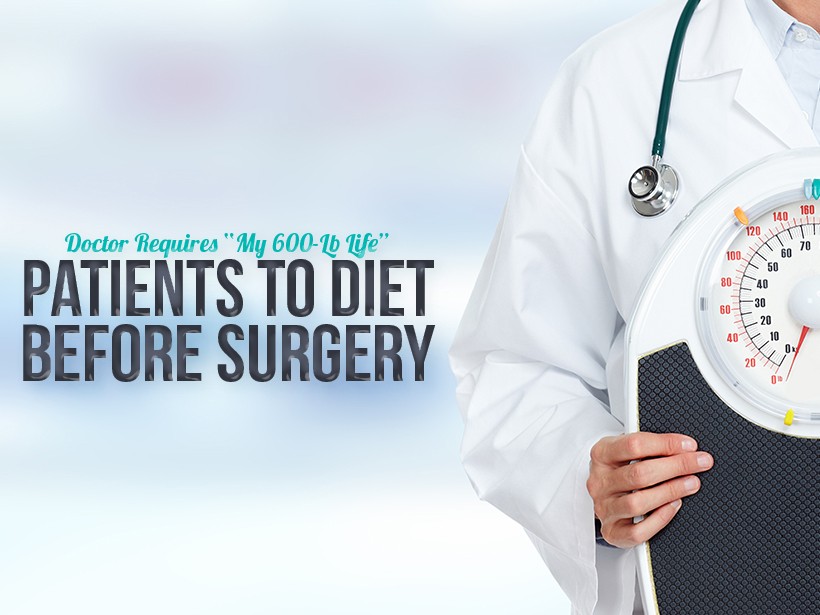Sometimes the best doctors are the ones who have tough love for their patients. Instead of shuttling his patients through the system, Dr. Nowzaradan, affectionately referred to as “Dr. Now” from the TLC show “My 600-lb Life,” ensures that his patients stick to a weight-loss diet before undergoing bariatric surgery.
This pre-surgery diet is a way for Dr. Nowzaradan to gauge how serious his patients are. In fact, he will not work with a patient until they have shown that they are committed to taking the steps necessary to change their lifestyle. But his diet is also to ensure the best possible post-surgery outcomes because surgery alone is not enough to secure long-term health benefits. The patient must change their entire mindset regarding food.
Reasoning Behind the Pre-Surgery Diet
Some patients view weight-loss surgery as a magic bullet that will allow them to lose weight without having to change their lifestyle. Weight-loss surgery does indeed have impressive outcomes: patients can expect to see a 50 – 80 percent decrease in weight after surgery. But without the right diet and exercise habits, about half of those patients experience weight gain after two years.
There are many factors that help determine why someone gained that much weight to begin with: mental health factors, hormone imbalance, metabolic disorders, a lack of knowledge about nutrition, and food addiction. Addressing the root of the weight gain is tantamount to long-term success.1
Studies show that patients who adopt healthier lifestyle habits before surgery see better post-surgery outcomes, including an increased ability to keep the weight off in the long-term.
Low Carb, High Protein, No Sugar
Dr. Now has a specific 1200-calorie diet for his patients. The patients must completely avoid sugar – including the naturally-occurring sugars in certain fruits and fruit juices. Patients are allowed to eat a restricted amount of whole grains for fiber, but the meal plan focuses mainly on vegetables and lean meats. His patients must also avoid foods with a high-glycemic index, such as pasta, potatoes, chips, meal supplements, rice, and cereal.
Foods that are high on the glycemic index cause blood sugar and insulin spikes. According to studies, high-glycemic foods release hormonal and metabolic changes that can induce overeating. High-glycemic foods cause a “decreased availability of metabolic fuels, excessive hunger, and overeating in obese subjects.”2
Instead, Dr. Now’s patients must stick with low-glycemic foods, which include whole grains, vegetables, meat, fish and seafood, nuts, and healthy fats.
Dr. Nowzaradan understands that there are many factors that contribute to such significant weight gain and that patients must take it upon themselves to procure the best possible long-term outcomes. Check out his book, “Last Chance to Live” available on Amazon.
NUTRITIONAL DISCLAIMER
The content on this website should not be taken as medical advice and you should ALWAYS consult with your doctor before starting any diet or exercise program. We provide nutritional data for our recipes as a courtesy to our readers. We use Total Keto Diet app software to calculate the nutrition and we remove fiber and sugar alcohols, like erythritol, from the total carbohydrate count to get to the net carb count, as they do not affect your blood glucose levels. You should independently calculate nutritional information on your own and not rely on our data. The website or content herein is not intended to cure, prevent, diagnose or treat any disease. This website shall not be liable for adverse reactions or any other outcome resulting from the use of recipes or recommendations on the Website or actions you take as a result. Any action you take is strictly at your own risk.
- A Ketogenic Pregnancy: Is It Safe? - June 20, 2018
- Perfect Keto Nut Butter is, Well, Perfect for Keto - May 14, 2018
- The Silicon Valley’s Favorite Diet? Brain-Boosting Keto - May 11, 2018




